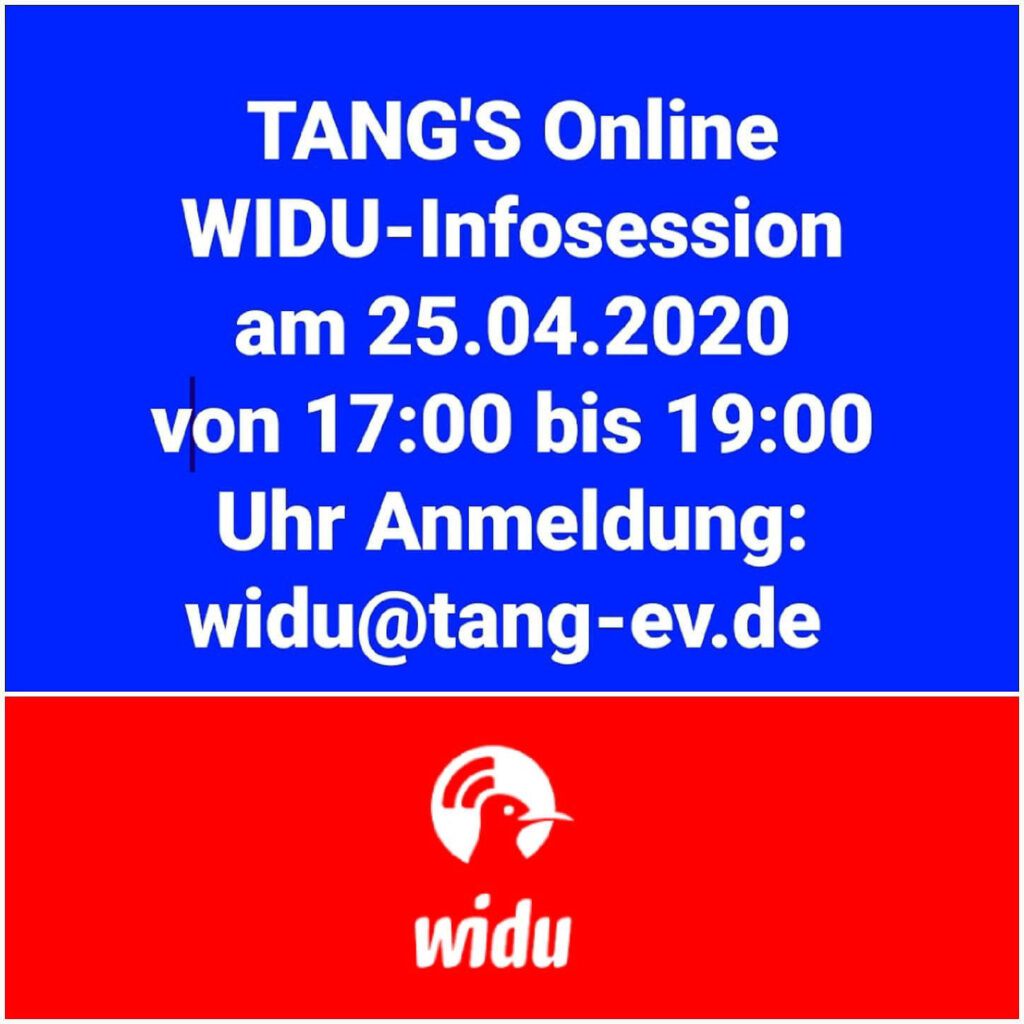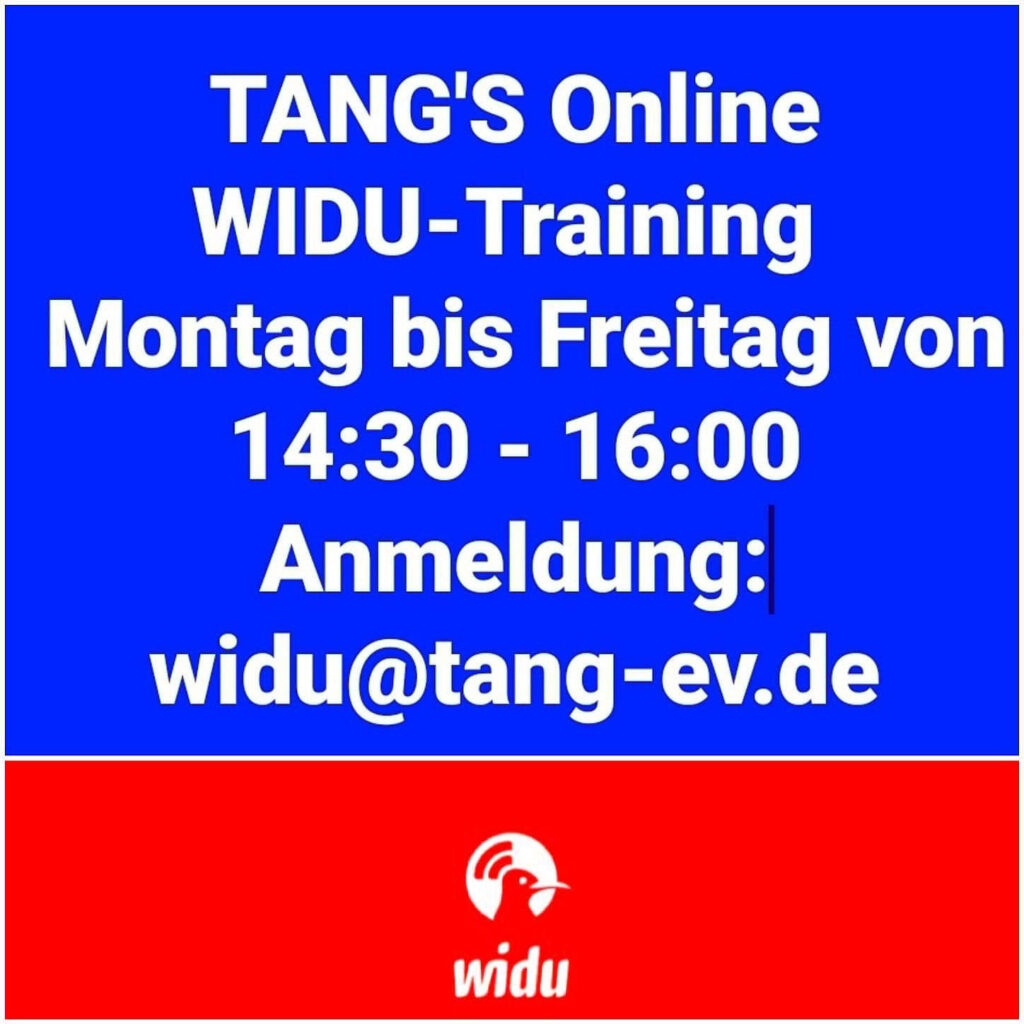There is an ongoing innovative project, sponsored by the German government, to promote micro and small businesses in Africa.
WIDU, an initiative of the Federal Ministry for Economic Cooperation and Development (BMZ) and implemented by the development agency GIZ, leverages diaspora remittances for the creation of jobs and better economic prospects in Africa. It’s currently being implemented in Ghana and Cameroon in a pilot phase.
The project, developed in partnership with The African Network of Germany (TANG), encourages people living in Germany who hail from Ghana and Cameroon, to empower small and micro entrepreneurs in both countries to set up new businesses or expand existing ones.
Presenting WIDU at TANG’s yearly congress last December in Freiburg, Stefan Beißwenger, a director at GIZ, said Africans living in Germany send about €1.2 billion to their home countries annually, quoting World Bank figures. However, most of these funds go into consumption, he noted.
The German government believes that if more of the money sent to Africa goes into investment, such as buying sewing machines, working tools or agricultural implements, the remittances would create more jobs in the recipient countries, leading to a sustainable reduction of poverty.
WIDU therefore seeks to mobilise diaspora financial capital to support small-scale entrepreneurs in Africa by providing matching grants for remittances that go into productive investment.

Under the initiative, members of the Cameroonian and Ghanaian diaspora in Germany will identify an entrepreneur they want to support. They can donate between up to a maximum of 1,250 euros to the recipient who should have the same amount to invest in the business venture.
The German government after vetting the process will match the amounts contributed by the diaspora and the entrepreneur in grants. For example, if a Ghanaian in Germany finds an entrepreneur in Ghana who has 500 euros to invest in a business, he/she will also contribute 500 euros. The German government will match the amount contributed (500+500 euros) with a grant of 1,000 euros. This means that the entrepreneur in Ghana will receive 500 euros from the diaspora donor and 1,000 euros from the German government.
In order to qualify for participation in the project, donors will contribute between a minimum of €125 and a maximum of €1,250. This will in return qualify for grants between €250 and €2,500.
In addition to the financial contributions, the recipients in Cameroon and Ghana will also receive free coaching from WIDU partners, which will counsel the recipients until the realisation of the projects.
WIDU is an online platform, which minimises administrative hurdles and makes for easy participation.

Mr Beißwenger called for the active participation of Cameroonians and Ghanaians in the scheme, which is still being tested, to be able to improve it for eventual extension to other countries in Africa.
TANG will hold an online information session on 25 April for members of the Ghanaian and Cameroonian diaspora on how they can participate in the scheme. Afterwards interested persons can now take part in the training workshop, explaining the workings of the programme to its participants.
Femi Awoniyi
To participate at the info-session on WIDU, register at: widu@tang-ev.de
 THE AFRICAN COURIER. Reporting Africa and its Diaspora! The African Courier is an international magazine published in Germany to report on Africa and the Diaspora African experience. The first issue of the bimonthly magazine appeared on the newsstands on 15 February 1998. The African Courier is a communication forum for European-African political, economic and cultural exchanges, and a voice for Africa in Europe.
THE AFRICAN COURIER. Reporting Africa and its Diaspora! The African Courier is an international magazine published in Germany to report on Africa and the Diaspora African experience. The first issue of the bimonthly magazine appeared on the newsstands on 15 February 1998. The African Courier is a communication forum for European-African political, economic and cultural exchanges, and a voice for Africa in Europe.


























